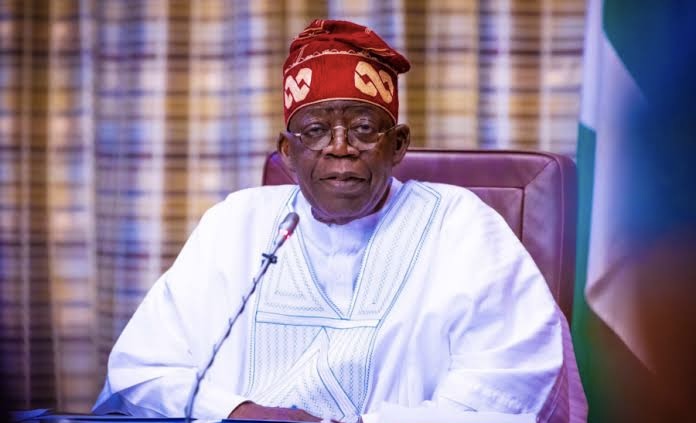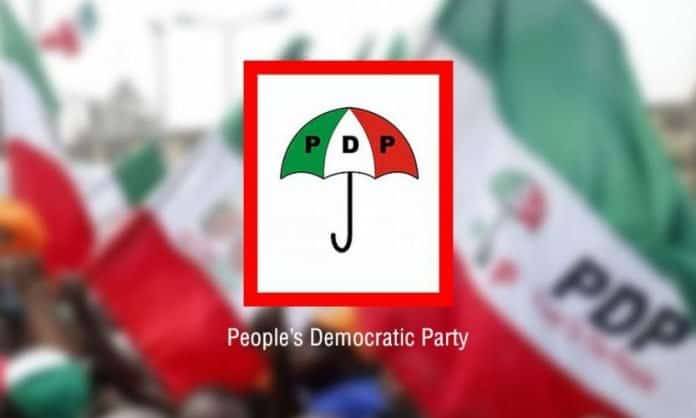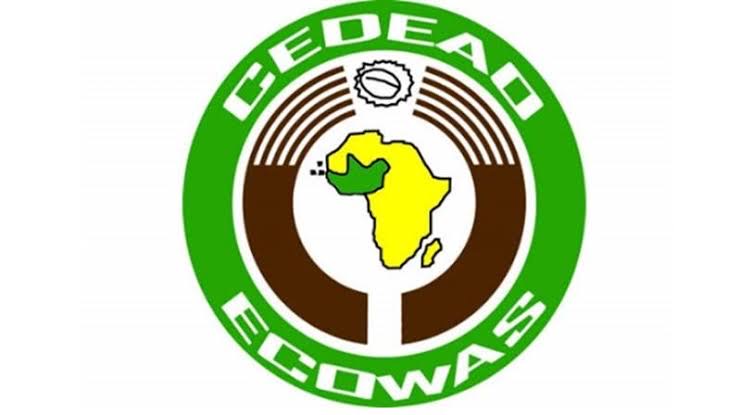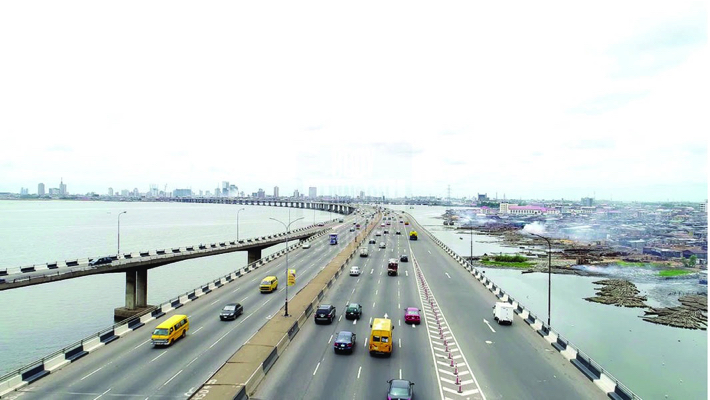Detribalised Nigerian does not exist. It never did

In 1989, academics Bill Ashcroft, Gareth Griffiths and Helen Tiffin published to great acclaim their study of the evolution of the diverse dialects of the English language from different Empire. Their title was The Empire Writes Back. The book shows how various outposts of the Empire took ownership of the language and adapted its grammar and usage.
Few outposts of Empire have been as prolific in this enterprise as Nigeria. Conceived as somewhat of an illegitimate offspring in the ménage à trois between Sir George Taubman Goldie; his mistress, Flora Shaw; and his successor in propinquity to her, Frederick Lugard, Nigeria became a colonial experiment in the Tower of Babel.
A national anthem composed in 1959, one year before Independence in 1960, acknowledged this reality in the third line of its first stanza, reminding the world of the aspiration to create a country even “though tribe and tongue may differ.” The anthem itself invited citizens to “hail” the country in antiquarian, Biblical third person, symbolising a relationship with the country that was fractured from its origin. Never mind that the hailing was to be done in the borrowed language of a foreign country.
Without compulsory access to basic education, which could have created a shared vocabulary in the imported language, the Nigerian imagination invented its own grammar of mutual intelligibility. This language is called “Pidgin English”, which does not entirely do it justice. It is characterised by an open-ended grammar in which meaning is always available to reveal itself to anyone interested in exercising the imagination.
But this is not the only function of Nigerian English. French colonial policy of assimilation offered their way of life also as the height of civilisation, promising natives (as the colonists called Africans everywhere) the opportunity to “evolve” to the highest level of civilisation, which they claimed was French citizenship. For those of us from Nigeria, access to Nigerian English is our license to civilisation.
Over here, we describe those who have attained this level of civilization as “detribalised”. It is arguably the greatest compliment that one Nigerian can pay to another. By contrast, to the owners of the language, to detribalise someone is to render them rootless.
When his former minister, Jubril Martins-Kuye, died last year, President Olusegun Obasanjo described him as “detribalised”.
Sokoto State Governor, Aminu Tambuwal, says only a “detribalised” Nigerian is fit to rule the country.
So, the supporters of the presidential candidate of the Peoples Democratic Party (PDP), Atiku Abubakar, are quick to claim the mantle, describing him as the only “detribalised” one in the race to succeed Muhammadu Buhari, who is mostly accused of being the opposite.
The supporters of the candidate of the Labour Party, Peter Obi, retort that he is “detribalised” too.
Not to be outdone, even tribesmen of the presidential candidate of the All Progressives Congress (APC) in the Yoruba Council of Elders (YCE) claim he is detribalised, which begs the question of why they exist in the first place.
To demonstrate how meaningless the expression has become, the former chairman of Kano State Primary Education Board (SPEB), Malam Yakubu Adamu, even described the late Emir of Kano, Alhaji Ado Bayero, as detribalised. But if the Emir, by definition, was the embodiment of a tribe, how can he be described as “detribalised” at the same time?
Columnist Tayo Oke complains that the word is “widely embraced as a mark of respect by the political elite….yet, so devoid of substance”, adding that “people should find it infuriating that someone is pointing them out as a ‘detribalised’ Nigerian; it is an insult to the intelligence.”
Academic Jideofor Adibe explains that “when we talk of being ‘detribalised’ in the Nigerian context, there is an assumption that there is a specific Nigerian culture to which those who have either voluntarily abandoned any form of relationship with the cultures and customs of their forefathers are socialized into.”
Under colonial occupation, the tribe was (as a matter of law) beneath civilisation. Those who were defined by it naturally wanted to be unshackled from it.
For the native, the tribe was simultaneously a sanctuary from colonial predation and prison from which he sought emancipation.
So, it was the mission of colonialism, they claimed, to bring such people into civilisation.
Built into this were mechanisms to ensure that the tribalization of the native was resilient.
The Judicial Committee of the Privy Council in London determined in 1918 as the First World War ended that African tribes were “so low in the scale of social organisation that their usages and conceptions of rights and duties are not to be reconciled with the institutions or the legal ideas of civilised society.” Tribespeople, they held, were incapable of legitimate leadership, property, or identity and were beneath dignity.
The tribalisation of the native was central to the methods of colonial administration. Ugandan academic Mahmood Mamdani described the tribe as “the unit of indirect rule administration.” As a result, the colonists made it such that “each tribe must be considered a distinct unit…. Each tribe must be under a chief.”
One year after the Privy Council’s decision, Frederick Lugard could assert in his Amalgamation Report delivered in 1919 that the policy was that these “Chiefs should govern their people not as independent but as dependent rulers.”
First, the Chiefs who were given powers of life and death in this way (like Emirs) had every incentive to sustain them.
Second, the tribe was the way by which colonists calibrated the benefits and burdens of government. It thus ensured competition among different populations and peoples for the attention and affections of political power.
This meant, thirdly, that the tribe as an identity did not merely depend on the subjective views of those who identified with it; it also defined how those who do not belong to your tribe see you.
It is, therefore, no accident that Nigeria’s elite who seek to rule the country would think that their highest form of evolution is to describe themselves as “detribalised”.
In reality, the expression “detribalised” is worse than a patronising piece of colonial nonsense. It begins from a conceptual error that “tribal” identity is expendable like a piece of traditional accoutrement. It is not.
When they use this expression, the Nigerian elite create the impression that the tribe is like a pigment that you can cure with ejaculations from a tube of anthropological bleaching cream.
Ayodele, Ekaette, Kyari, Nkeiruka and Owoicho are all markers of both belonging and exclusion. No matter how evolved the bearer may wish to feel they are, these identities are reminders to others as to what boxes they must fit into.
Nativisation, in this way, is the mechanism by which Nigerians prepare to take on one another in the existential warfare over tribalisation. It is also the way in which we remind one another that ‘detribalised” is a con job by the elite on the peasantry. While they claim to be “detribalised,” these elite also ensure that their followers are fully tribalised exponents of inter-tribal warfare. It is the only way in which they can preserve their turf in the battle to carve up the country.
The implications are very far reaching. In Nigeria, at least, it means that you can take the tribe out of the man, but it is impossible to take the man out of the tribe. It is no accident that the first question nearly every Nigerian asks the next is “where are you from?”
So many decades after the colonists left, this situation has hardly changed. Put differently, no matter how civilized you think you are, as long as you are in the country, Nigeria will happen to you and remind you where you come from without necessarily telling you it is going anywhere.
A lawyer and a teacher, Odinkalu can be reached at chidi.odinkalu@tufts.edu
We have recently deactivated our website's comment provider in favour of other channels of distribution and commentary. We encourage you to join the conversation on our stories via our Facebook, Twitter and other social media pages.
More from Peoples Gazette

Politics
Katsina youths pledge to deliver over 2 million votes to Atiku
“Katsina State is Atiku’s political base because it is his second home.”

NationWide
Nigeria positioned to power clean energy Future: Tinubu
Mr Tinubu expressed his firm commitment to improve the developmental partnership between the European Union and Nigeria.

Africa
Benin, Liberia, Sierra Leone roll out malaria vaccines
With the announcement on World Malaria Day, the number of African countries incorporating the vaccines into their childhood immunisation programmes increased to eight.

NationWide
Group urges FG to decongest custodial centres after Suleja jailbreak
”We also call on the public to pay more attention to issues concerning corrections in Nigeria.”

Politics
PDP unveils 200-member campaign council for Edo 2024 guber election
The advisory council has seven eminent members of the state.

Africa
ECOWAS moves to tackle drug abuse in Sierra Leone, other countries
ECOWAS said the workshop was also to support efforts to tackle drug abuse and provide resources and strategies for member states, particularly Sierra Leone.

Lagos
FG to resume resurfacing of Third Mainland Bridge: Official
She said that the exact dates for the renewed construction would be announced soon.








